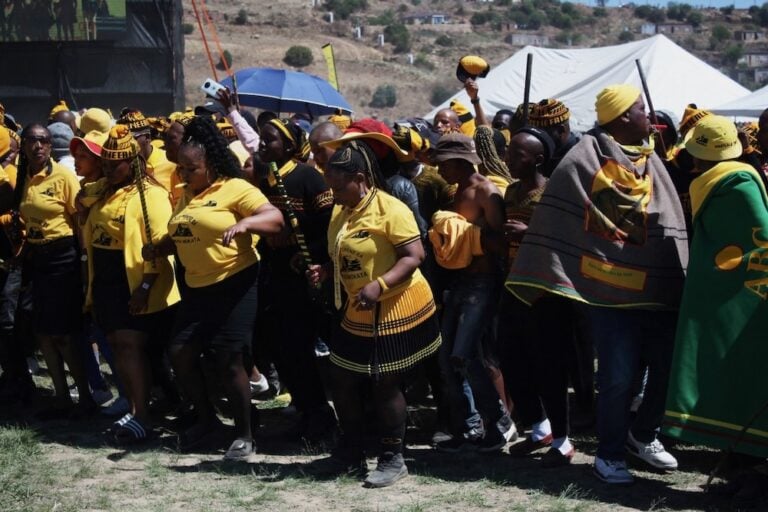The cabinet's actions represent another delay in 13 years of efforts to reform the outmoded legal framework governing journalism and broadcasting.
(MISA/IFEX) – On 22 September 2010, MISA Lesotho released a statement expressing great disappointment that the country’s Cabinet has failed to approve a long overdue media policy.
The Cabinet decided at its meeting on 14 September to refer the policy back to the Ministry of Communications instead of passing it on to Parliament, which is currently in session. This represents yet another delay in 13 years of effort by media practitioners, media houses and human rights advocates to reform the outmoded legal framework governing journalism and broadcasting in the country.
The decision by the Cabinet marks a significant setback in efforts to professionalize and liberalize the country’s media. It also means that independent journalists will continue to work under a 19th Century legal framework while the state broadcasters, including the country’s only television station, will remain under the direct control of the nation’s governing politicians.
MISA Lesotho is disappointed over the decision as it had hoped the issues of instituting non-politicized public service broadcasting, eliminating censorship-friendly “national security” statutes and putting more burden on plaintiffs in slander and libel cases would be approved in a public debate in Parliament in the course of 2010. It hopes His Majesty’s government will reconsider its decision and make media policy reform an urgent priority, particularly with General Elections due in early 2012.
An emergency meeting between MISA Lesotho and the Ministry of Communications was expected on 23 September, at which MISA Lesotho expected the government to explain the reasons behind the decision to refrain from approving the policy and to provide specific objections voiced in the Cabinet.
The proposed policy is the result of 13 years of discussions and technical analysis by both the government and media professionals who had agreed to move many slander and libel cases from the country’s courts to an arbitration system aimed at reconciliation rather than saddling journalists with economic sanction. It also would wrest control of the state broadcasters from political interests and hasten their transformation to broadcasters providing programming of interest to all of Lesotho’s citizens, free from political interference.


